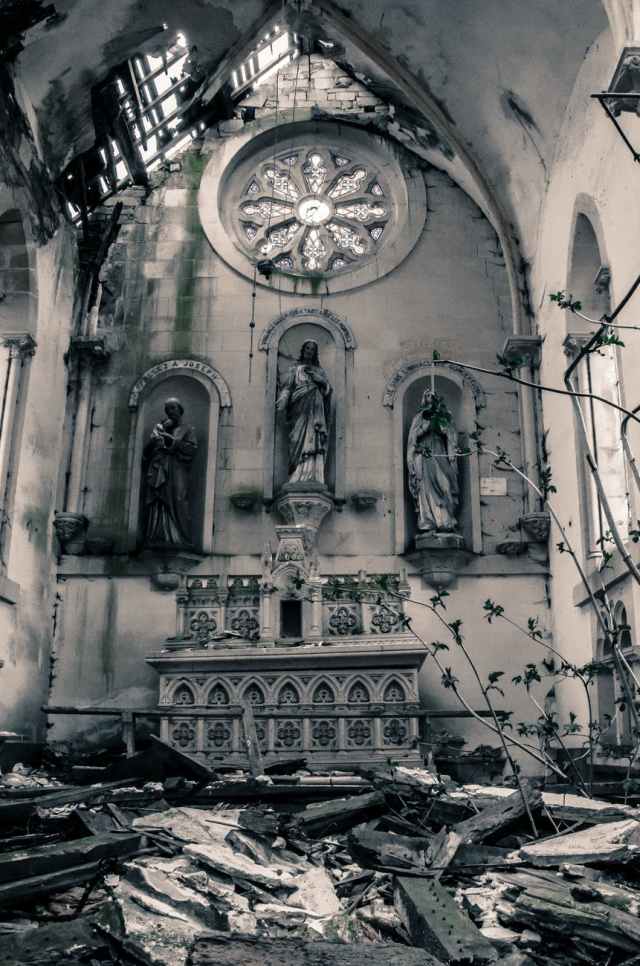Being the first to doubt something everyone else has accepted blindly is as exciting a feeling as there is.
Ask a researcher at the boundaries of their field what it’s like to arrive at the point in their work where nothing is known for sure and all answers are possible, and I’m pretty sure you’ve exactly put your finger on what led them into their profession.
So it’s clear to me that the strict division between scientist and ‘citizen theorizer’ is misleading. Both question where others haven’t, and both have discovered that doing so makes you feel alive.
And both are necessary.
I’d even argue that seeking new scientific truths out at the boundaries of what we know is less important than the forced checking and re-checking of the validity of core, internal beliefs, the disputing of whatever it is mother culture is now whispering into our ears.
Here we are in a pandemic. Rumours and internet conspiracies are starting to swirl about it all being a government plot to remove personal freedoms; protestors are showing up on civic steps, throwing social-distancing and other mitigation efforts out the window. And if enough of these unfounded cultural beliefs get swallowed, it’s a virtual certainty that more people will die.
Question everything.
The golden age of Islam in which humankind leapt forward in our understanding of astronomy, mathematics, biology, medicine, economics, in which we saw even the emergence of the first practitioners of the scientific method itself—all supposedly arisen precisely because, for a few blessed years, it had been decreed a solemn duty for moslems everywhere to accept nothing blindly, but boldly inquire about the nature of Allah and His world.
Questioning is good.
But what you do afterward–this is where we all separate.
Proposing some new, unexpected theory is such a joyful and exciting thing to do that it blinds us–makes us vain, even–and leaves us extremely unwilling to accept the unfortunate fact that most often our ideas lead us nowhere. Investigate and you’re almost always slapped right back inside the dreary world of known, share-by-all beliefs.
The scientific community knows how easily we blind ourselves, konws it to its core. The acceptance of facts no matter how they make you feel is more or less the First Commandment of Science. Break that and you’re in grave danger of losing all credibility and reputation; the community’s equivalent of excommunication.
Meanwhile, in the citizen community–without the same benefit of years of training and straight-up indoctrination in how best to accept deflating evidence, without the ever-present, competitive peers who are all too willing to point out foibles and throw you out of discussions for good–we simply fail too often to let things go. And the examples run rampant nowadays of those willing to argue almost anything at all in the hopes of keeping an initial, exciting ‘what if’ question still open.
Flat earth? What an exciting and totally novel thought (novel for centuries anyway)! What a grand conspiracy on the biggest scale imaginable!
Check it out!
Then let it go.
Moon landing, faked? Oh my god, can you imagine if this were true? Moreover this fits perfectly with feelings about being lied to by so many people and parts of my society in general, and…
Ahhhh.. doesn’t check out….
Covid is a hoax. Meant to scare you, and it’s working… and …
Don’t believe in everything you think. Most of it is pure nonsense.
Check it out. Then let it go.

Photo by @seb on Pexels.com
